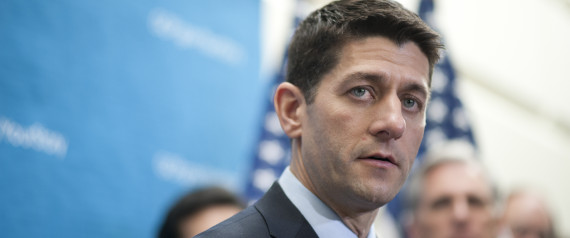MADISON — The leader of the Wisconsin Senate said votes are unlikely next year on two anti-abortion bills that were originally scheduled to be taken up in November but hastily pulled after a Democratic senator promised “all out hell” if they were debated.
Republican Senate Majority Leader Scott Fitzgerald said he didn’t know if there was enough support among Republicans to bring the bills back.
“I know there’s some concern that some of the bills are passing and are tied up in court and never take effect and we’re just spinning our wheels,” Fitzgerald told The Associated Press. “I want to make sure we do it right.”
One of the pending bills would prohibit public workers’ health insurance plans from covering abortions and exempt religious organizations from providing insurance coverage for contraceptives. The other would ban abortions based on whether the fetus is male or female, also known as sex selection. Democrats say the measure is unnecessary because few, if any, abortions are done for that reason.
The Assembly passed both bills in June, but they’ve run into difficulty in the Senate, where Republicans have an 18-15 majority. They must pass the Senate and be signed by Gov. Scott Walker before becoming law.
Walker also showed reluctance last month to have the abortion bills taken up, saying he wanted lawmakers focused on the economy and creating jobs. In an interview with AP earlier this month, he did not mention the abortion bills as a priority for 2014.
At a public hearing in November, Democratic Sen. Jon Erpenbach promised “all out hell” if the bills were scheduled for debate. Fitzgerald then decided against bringing them up, saying he wanted to end the year on a “noncontroversial note.”
The Legislature is scheduled to reconvene in January for a short session that will likely end in March.
“I don’t know where the support is to bring those bills back at this time,” Fitzgerald told the AP Friday. He said he wanted to talk individually with lawmakers to see where they stand on them. Republicans can only lose one vote and still have enough to pass a bill.
Erpenbach said Monday he wasn’t surprised Fitzgerald was backing off the bills because moderate Republican might perceive them as being too extreme.
“For some in their caucus it would be a difficult vote,” Erpenbach said.
Fitzgerald also voiced concerns about the bills moving too quickly.
“I think there’s some real concerns about the drafting of some of these pieces of legislation,” he said. “Things being rushed, they’re not air tight once they come out of the Legislature. There’s a little bit different tone among the members coming out of the caucus related to those bills than in the past.”
The anti-abortion group Wisconsin Family Action lobbied for both bills. Its president, Julaine Appling, said in November that she “fully expected” the bills to be back in 2014. Appling did not immediately return a message seeking comment Monday.
Sen. Glenn Grothman, R-West Bend, sponsored the insurance bill. He did not immediately return a message Monday seeking comment. The sponsor of the sex-selection bill, Sen. Joe Leibham, R-Sheboygan, also did not immediately return messages.
Fitzgerald, in explaining his hesitation on these abortion bills, referenced another anti-abortion proposal passed by the Legislature that is tied up in court. That law, supported by Republicans and signed by Walker in July, requires abortion doctors to have admitting privileges at nearby hospitals.
The law was challenged by Planned Parenthood of Wisconsin and Affiliated Medical Services. Earlier this month a federal appeals court panel upheld an injunction delaying implementation of the admitting privileges portion of the law.
Lester Pines, the attorney representing Planned Parenthood in that lawsuit, said Republicans don’t want to pass any more controversial abortion legislation in an election year.
“At a certain point the Republicans are going to have to recognize that extremist view on contraception is so far out of the mainstream that if they continue to attack contraception and access to it, they’re going to pay a huge price at the ballot box,” Pines said. “There’s already a huge gender gap and that’s going to grow.”


0 comments:
Post a Comment
Click to see the code!
To insert emoticon you must added at least one space before the code.